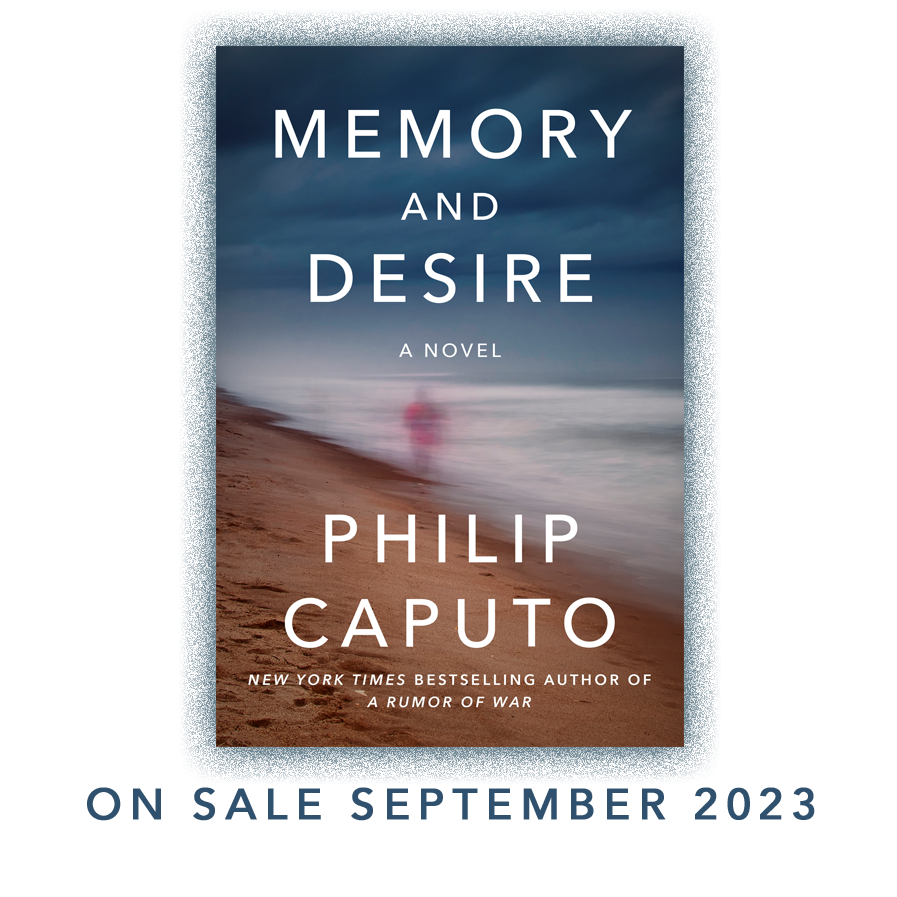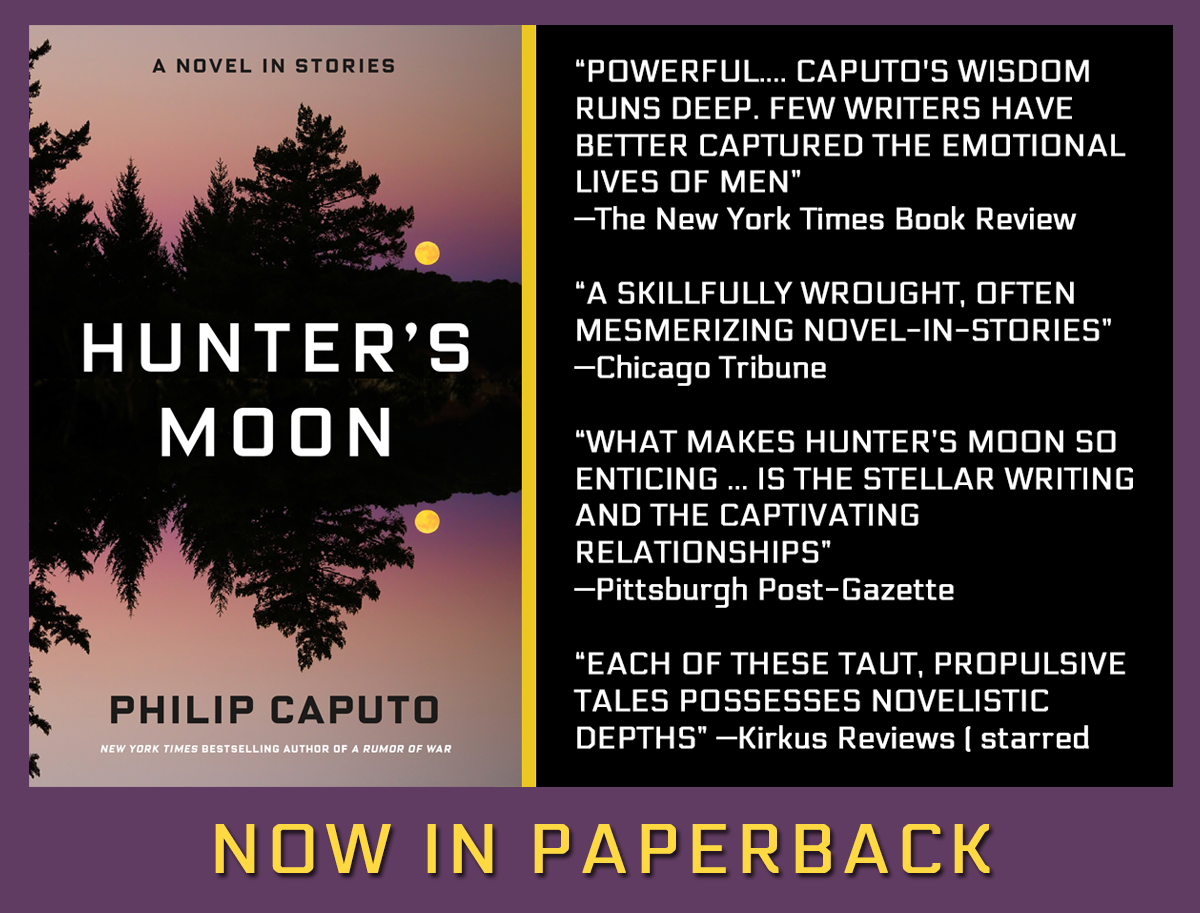With the paperback of The Longest Road launched today (May 13), it seems a good time for a little reflection.
I’ve been thinking a lot about two questions I put to the eighty-odd people I interviewed on the trip: “What holds a country as vast and diverse as the United States together? What puts the unum in the pluribus?” And, “Do you think it’s holding together as well as it used to? Will it continue to?”
The answers were as many and varied as the people I asked. I’d be interested to hear your thoughts, if you care to give them.
Recently, I came across what purports to be an ancient Chinese proverb: A kingdom divided must unite; a kingdom united must divide.
There are powerful centrifugal forces at work in the world, ripping nations and societies apart. Syria and the Ukraine are two extreme examples. Could this contagion spread to the United States? I wonder if the stand off Nevada rancher Cliven Bundy and his armed supporters staged with federal agents executing a legitimate order was a freak occurrence or a preview of coming attractions.



i dont believe 75 % of the so called conversations phil had with his subjects. To funny, to cute and politically correct. White man bad, bad, bad. The native americans were the first slave holders in the US, well before the white man arrived.
Well, the conversations did take place. Tape recorded as well recorded in my notebook.
Phil,
I am not commenting on this book although I plan on reading it. I have a student with 3 tours in Afghanistan/Iraq who took my Vietnam War class in the spring; we read you a rumor of war and he was so amazed at the similarities with his own experience that he just started writing and writing and now has his “book” printed, and you are all through it. he is a powerful writer and you made a real impact on him. Also, writing about his experiences and reading about yours brought him back from the edge of a cliff; I wasn’t sure if he could be saved.
Thanks for your Vietnam book and for your other writing as well.
Steve, Kennebec Valley Community College, Fairfield, maine
I purchased The Longest Road just last week and should have already been through. But, being a map-a-holic, I switch on Mapquest every time you mention a road, highway, city, or junction. At last nights reading I had difficulty finding Lebanon, KS. I don’t like typing in the name of the city and hitting “enter.” I prefer zooming in and out, scrolling up and down, following routes and trails, until I locate it myself. It gives me sense of empowerment, like discovering a new place while out driving around.
So after two days of reading I’ve just gotten to Part 2. You are now in a part of the US I’ve never been. Up until this juncture I’ve been familiar with the places you’ve visited.
Lets see where this next part bring us. The most interesting part so far has been your references to Louis & Clark. I too have read all their books. Have you read Stephen E Ambrose?
Yes, I’ve read some of Ambrose. As for what holds the nation together, it’s true that assimilation is one of the binding forces. However, many immigrants who arrived in the early 20th century failed to assimilate as thoroughly as is now thought. In Chicago, where I grew up, you were as likely to hear Polish, Italian, or Yiddish spoken in certain neighborhoods as you were English. It was the succeeding generations that assimilated, and I believe that is what’s happening now with many of the Hispanic and Asian immigrants arriving today: the children and grandchildren of Cubans, Chinese, and Mexicans speak with American accents and read in English, and generally subscribe to American political and cultural values. Resistance to the “melting pot” is most often found in communities of illegal immigrants, but is that true because they don’t want to “melt” or because the absence of a more efficient, streamlined immigration process makes it difficult if not impossible for them to come here legally and therefore to become citizens? Also, I’ve observed that a lot of the divisiveness today is occurring among native-born Americans, people whose families have been in the country for generations. More and more, they are retreating into real and figurative enclaves inhabited by people who look, think, and speak alike, and view those outside themselves as “others” rather than as fellow citizens. I find this odd. The Internet and instant comunications, ease of travel, etc. were supposed to bring us closer together; and yet, we seem to be pulling apart.
The answer to your questions are simple. What holds a country together is assimilation. Is it holding together as well as it used to? No. Why? Because of divisive politics, political correctness, and graft & corruption in Washington.
Theodore Roosevelt said,”We should insist that if the immigrant who comes does in good faith become an American and assimilates himself to us he shall be treated on an exact equality with everyone else…”
Soon we will be like the Shiites & Sunnis, or Christian & Muslins, or Catholics & Jews.
Diversity is the killer of nations (my quote).